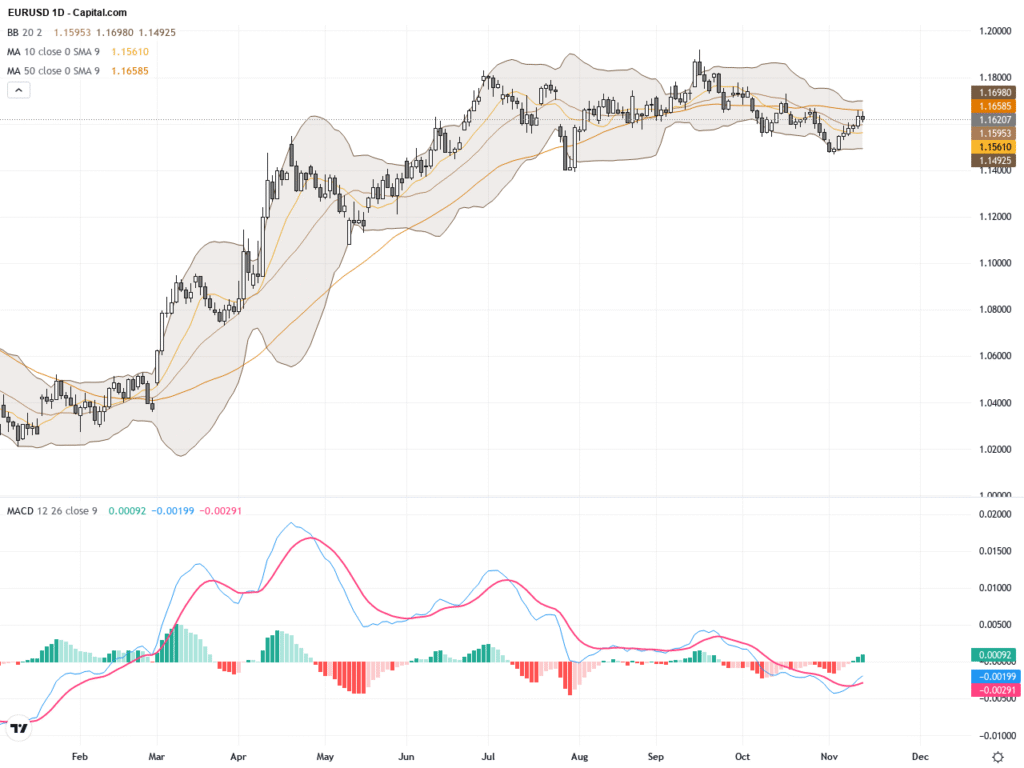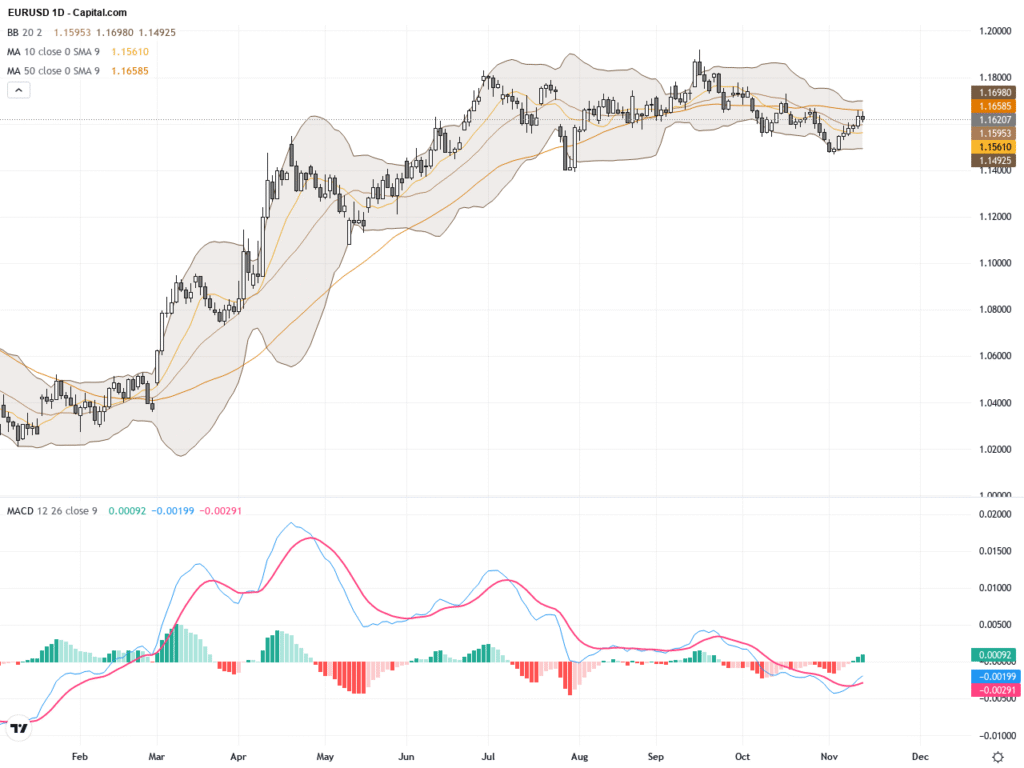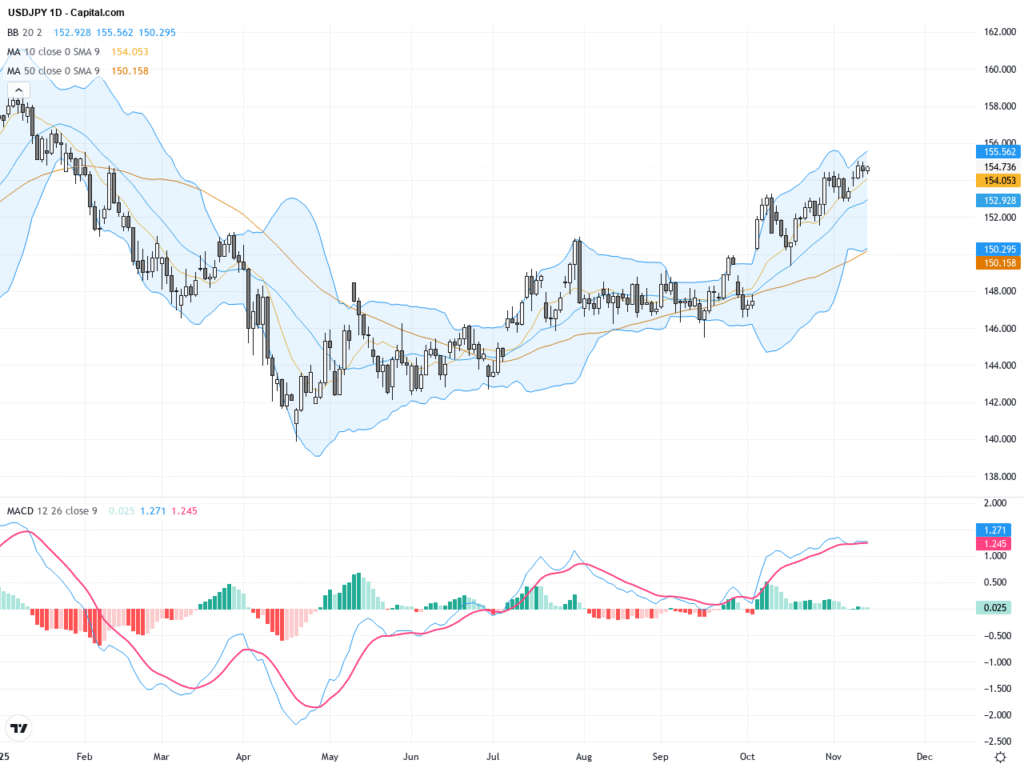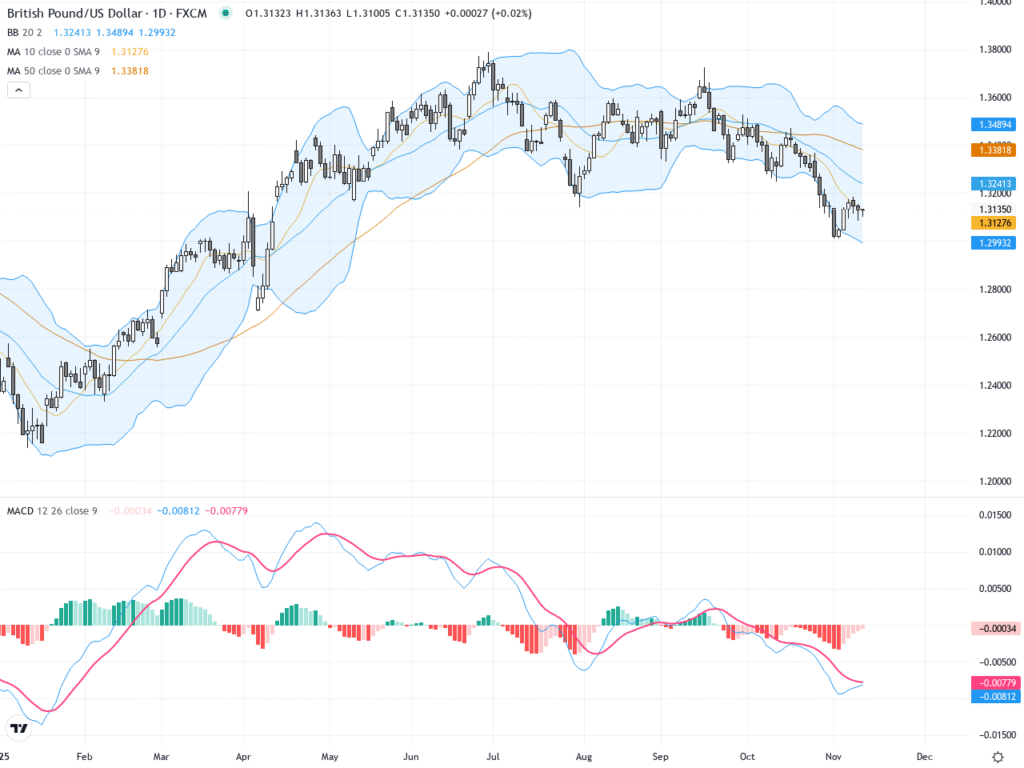 |
| Gold V.1.3.1 signal Telegram Channel (English) |

How the US-China Trade War is Devastating Minnesota’s Family Farms and Soybean Industry
2025-09-25 @ 22:00
America’s Heartland is feeling the impact of the ongoing trade war between the United States and China, and nowhere is this more evident than in Minnesota’s farm communities. As tariff battles persist, local farmers are facing mounting financial pressures that threaten not only their livelihoods but also the future of family farming in the region.
Minnesota’s soybean growers have been hit particularly hard by China’s reduced demand for U.S. crops. China, once America’s largest customer for soybeans, has dramatically scaled back its purchases since tariffs were imposed. This shift is compounded by a 20% retaliatory tariff on American soybeans, which makes them far less competitive compared to crops from South America, especially Brazil. As a result, U.S.-grown soybeans struggle to find buyers overseas, and prices have dropped to levels that rarely cover production costs.
Farmers have voiced their frustration and deep concern over these challenges. Many emphasize that they do not want government subsidies, but without meaningful relief—which could include lifting tariffs or holding substantive trade talks—many risk losing money on every acre they plant next season. The increased costs of agricultural inputs such as seeds, fertilizers, and fuel only add to this financial squeeze, creating what local bankers and crop council members describe as a “perfect storm” for the region’s farming economy.
Bankruptcies have begun to rise among small and family farms. The stress is particularly acute for younger farmers, many of whom are just starting out and lack the financial cushion of larger, established operations. Local leaders fear that without swift changes in trade policy or tangible support, an entire generation of new farmers could be lost. This risk of attrition endangers not only individual farmers but also the rural communities and local economies that depend on agriculture.
The trade war’s reach extends beyond soybeans. Corn growers and livestock producers also feel the ripple effects as global commodity markets adjust to the new tariff landscape. U.S. grain prices for the upcoming season look grim, and estimates suggest that many growers may operate at a loss unless market conditions improve or trade restrictions are lifted.
Compounding the market challenges, Brazil has emerged as a strong competitor for China’s business, further reducing demand for American exports. In 2023 and 2024, China bought about 25 million metric tons of U.S. soybeans—a significant volume, but still not enough to offset the pre-trade war export levels. U.S. farmers fear that, absent a comprehensive trade deal, prices could weaken further, potentially forcing even more producers out of business.
Farmers and agricultural advocates are raising their voices at all levels to make the severity of the situation known. They have appealed to elected officials and trade representatives, urging action to resolve the impasse. Their message is clear: Minnesota’s farming communities need predictable markets, fair access to international customers, and policies that allow them to compete globally without the burden of punitive tariffs.
The stakes are high. Family farming is a defining feature of Minnesota’s social and economic identity. As financial pressures build and uncertainty grows, the resilience of these communities is being put to the test. Without a resolution to trade tensions or substantive policy changes, the region could see permanent changes to its agricultural landscape—fewer farmers, fewer small towns thriving, and a shift in the way food is produced and distributed.
Minnesota’s farmers have weathered many challenges over the years, from droughts to floods and everything in between. But the current economic strain brought on by the trade war represents one of the most complex threats they have faced in decades. Their ability to adapt and survive will depend not only on their own ingenuity but also on decisive action from policymakers to restore stability and opportunity in these critical markets.
As the tariff battle continues, Minnesota’s farmers are showing tenacity and grit, but they need the support of fair trade policies and responsive government action to ensure their future. The outcome of these negotiations will shape the livelihoods of thousands, the fate of rural communities, and the future of American agriculture itself.








